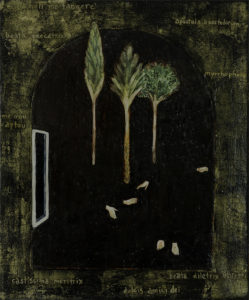
Years ago, for about a year, I was my Quaker meeting’s First Day School Coordinator, i.e., the principal of a pre-K—12 school open one hour a week and taught by volunteers. Dimly, very dimly, I understood that, for example, when I met with newcomer parents, I spoke for not only my meeting but, in a sense, the entire Quaker world: its history, its faith, its practice. (Yikes.) So, silly as it sounds, now, when a peach-colored scarf mysteriously appeared on my coat rack one day, I decided that I’d use that scarf to, ahem, ordain myself. If called upon to, indeed, be A QUAKER, that castoff scarf became my stole or vestment. Praying for guidance, praying for the right words, praying to listen with love, praying to be open to Spirit, I ceremoniously draped that scarf—which, luckily, went with everything I wore—around my neck. (Writing this, I still feel its soft cotton warmth against my skin.)
More recently, when my Quaker meeting offered training to become a “pastoral caregiver” I was, at first, not interested. “Why do I need training to do what I am already doing?” I thought. (and, yes, frankly, am doing pretty well!) But, again, dimly, I intuited that this seventeen-hour training, created by The Community of Hope International, was exactly what I was supposed to do.
How right I was. For not only do I get to explore delicious—and challenging— subjects like pastoral care and Benedictine spirituality and humility and healing (and lots, lots more) with others from my faith community but when, girded and guided by this training, I do pastoral care, every month I will have the opportunity to talk with others about “God in the Hard Places.”
Yum.










